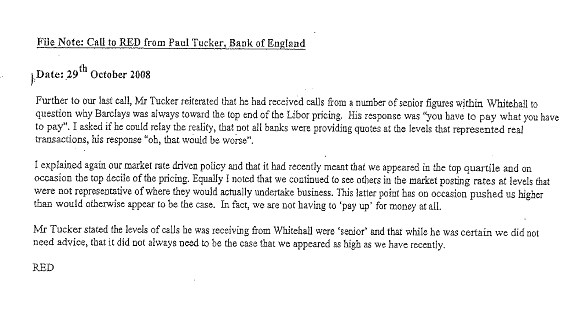The golden calf
In my post " The Nature of Money " I noted that money's use as a store of value is secondary to its function as a medium of exchange, and commented that long-term savings should not be held as "money" but rather as hard assets or investments in productive activities. I made it clear that my personal belief is that the latter is far preferable, because it benefits not only the holder but the rest of society too. This attracted the attention of a number of people who appear to have an almost religious belief in the virtue of gold as a store of value. The result was a bruising three days of intense debate on twitter, which was only ended when I blocked several of these people and warned off the rest. I was frankly shocked by the fervour of their belief: the more convinced they were that eventually I would "see the light" the less I wanted to have anything to do with them. I felt much as an agnostic must feel when subjected to the attempts of religious c...
